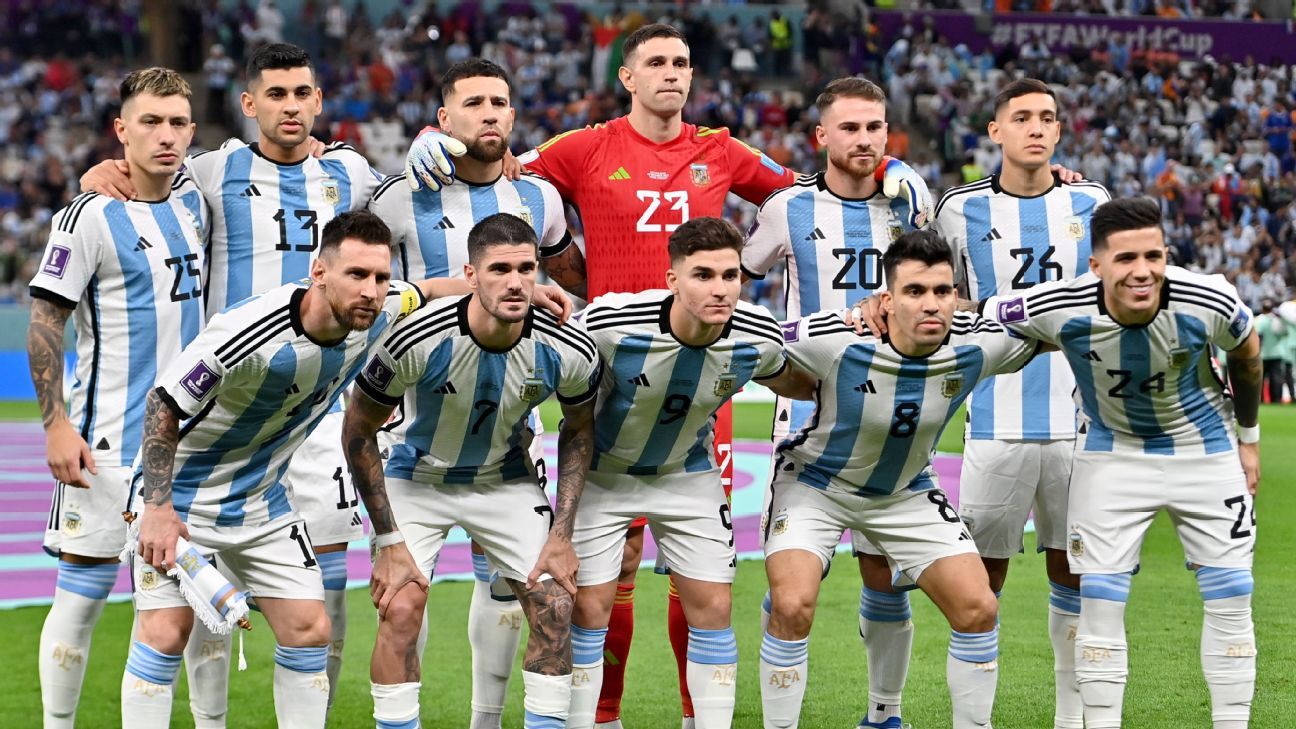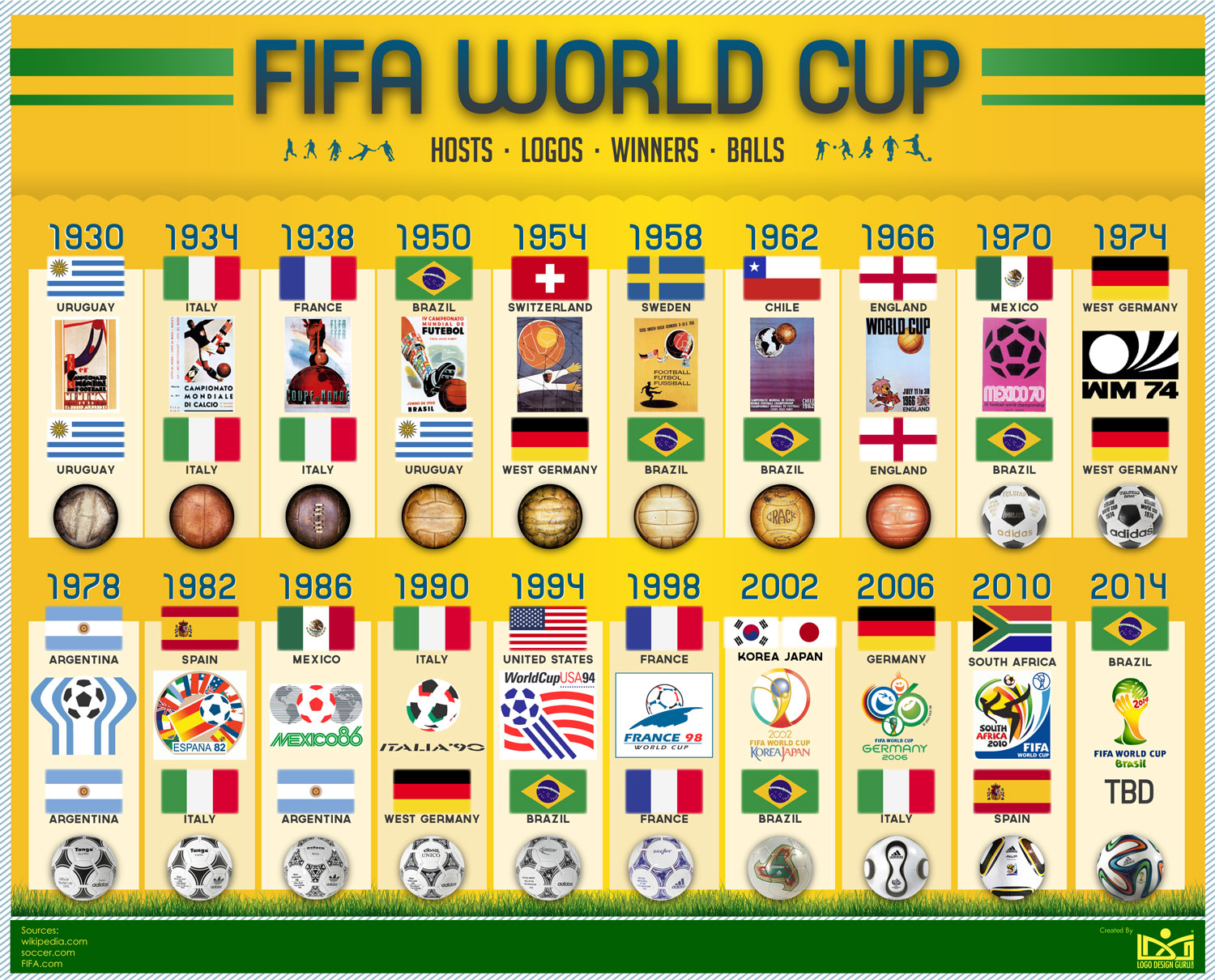“The History of Football in Argentina: A Passionate Affair
Related Articles The History of Football in Argentina: A Passionate Affair
The History of Football in Argentina: A Passionate Affair

Football is more than just a sport in Argentina; it is a deeply ingrained cultural phenomenon, a source of national pride, and a unifying force that transcends social classes and political divides. From its humble beginnings in the late 19th century to its current status as a global footballing powerhouse, Argentina’s footballing journey is a captivating tale of passion, innovation, and unwavering dedication.
Early Beginnings: The British Influence
The seeds of Argentine football were sown by British immigrants who arrived in the country during the late 19th century. These pioneers, primarily railway workers, engineers, and merchants, brought with them their beloved game. In 1867, the Buenos Aires Cricket Club Ground hosted the first recorded football match in Argentina, marking the sport’s official introduction to the country.
Alexander Watson Hutton, a Scottish schoolteacher, is widely regarded as the "father of Argentine football." In 1882, he founded the St. Andrew’s Scots School, where he introduced football as a mandatory sport. Hutton’s dedication to promoting the game led to the establishment of the Argentine Association Football League in 1893, the first football league outside of the British Isles.
Early Argentine football was dominated by British clubs, such as Quilmes Rovers, Old Caledonians, and St. Andrew’s. These teams were composed primarily of British expatriates, and their style of play reflected the traditional British approach to the game. However, as football gained popularity among Argentines, local clubs began to emerge, challenging the dominance of their British counterparts.
The Rise of Local Clubs and the Amateur Era
The early 20th century witnessed the rise of local Argentine football clubs, marking a significant shift in the sport’s landscape. River Plate (1901), Racing Club (1903), Boca Juniors (1905), and San Lorenzo (1908) were among the clubs founded during this period, becoming the cornerstones of Argentine football.
The amateur era (1891-1931) was characterized by a romantic and passionate approach to the game. Players competed for the love of the sport, and matches were often played in makeshift fields with limited resources. Despite the lack of professionalism, the amateur era produced talented players who laid the foundation for Argentina’s future success.
Argentina’s national team made its international debut in 1902, defeating Uruguay 6-0 in Montevideo. The team’s early successes, including winning the South American Championship (now Copa América) in 1921, 1925, and 1929, fueled the nation’s passion for football.
The Professional Era and the Golden Age
In 1931, Argentine football transitioned to professionalism, marking a new era in the sport’s development. The introduction of professional contracts and salaries attracted talented players, leading to a higher level of competition and greater investment in infrastructure.
The 1940s and 1950s are often considered the "golden age" of Argentine football. During this period, Argentine clubs dominated South American competitions, and the national team achieved significant success on the international stage.
Leading the charge during this golden era was "La Máquina" (The Machine), the legendary River Plate team of the 1940s. Featuring iconic players like Adolfo Pedernera, José Manuel Moreno, and Ángel Labruna, La Máquina revolutionized Argentine football with its innovative attacking style and fluid movement.
The 1978 World Cup Triumph: A Nation United
Argentina hosted the 1978 FIFA World Cup, a tournament that would forever be etched in the nation’s collective memory. Under the guidance of coach César Luis Menotti, Argentina showcased a blend of tactical discipline and individual brilliance, captivating the nation with their performances.

Led by the prolific striker Mario Kempes, Argentina overcame a challenging group stage and a controversial second round to reach the final against the Netherlands. In a thrilling encounter at the Estadio Monumental in Buenos Aires, Argentina defeated the Netherlands 3-1 in extra time, securing their first World Cup title.
The 1978 World Cup triumph was a watershed moment for Argentine football. It instilled a sense of national pride and unity, solidifying football’s place as the country’s most beloved sport.
The Maradona Era: A Divine Gift
The 1980s witnessed the emergence of Diego Maradona, arguably the greatest footballer of all time. Maradona’s extraordinary talent, charisma, and rebellious spirit captivated the world, and he became an icon in Argentina.
At the 1986 FIFA World Cup in Mexico, Maradona led Argentina to their second World Cup title. His performances throughout the tournament were nothing short of legendary, including his infamous "Hand of God" goal and his mesmerizing solo effort against England in the quarter-finals.
Maradona’s impact on Argentine football extended beyond the field. He inspired a generation of players and fans, and his legacy continues to resonate throughout the country.
Challenges and Triumphs in the Modern Era
The late 20th and early 21st centuries presented challenges for Argentine football. Economic instability, corruption, and hooliganism plagued the sport, impacting its development and reputation.
Despite these challenges, Argentine football continued to produce world-class players, including Lionel Messi, widely regarded as one of the greatest footballers of all time. Messi’s exceptional talent and goal-scoring ability have made him a global icon, and he has led Barcelona to numerous titles.
Argentina’s national team experienced a period of frustration in major tournaments, losing several finals, including the 2014 FIFA World Cup final against Germany. However, the team finally broke their trophy drought by winning the 2021 Copa América, defeating Brazil in the final.
The 2022 World Cup Victory: A Dream Realized
The 2022 FIFA World Cup in Qatar was a dream come true for Argentina and its passionate fans. Led by Lionel Messi, in what was widely expected to be his last World Cup, Argentina displayed resilience, determination, and tactical brilliance throughout the tournament.
After a shocking opening defeat against Saudi Arabia, Argentina rallied to win their remaining group matches and advance to the knockout stages. They overcame Australia, Netherlands, and Croatia to reach the final against defending champions France.
In a thrilling and unforgettable final, Argentina and France played out a 3-3 draw after extra time. Argentina emerged victorious in the penalty shootout, securing their third World Cup title and ending a 36-year wait for glory.
The 2022 World Cup victory sparked euphoric celebrations across Argentina. Millions of fans took to the streets to celebrate their heroes, and Messi was hailed as a national icon. The triumph reaffirmed football’s central role in Argentine culture and its ability to unite the nation.
The Future of Argentine Football
Argentine football faces ongoing challenges, including financial instability, hooliganism, and the need to develop young talent. However, the passion and dedication of Argentine players, coaches, and fans remain unwavering.
With a rich history, a vibrant culture, and a constant stream of talented players, Argentine football is poised to continue its legacy as a global powerhouse. The future holds promise for further success on the international stage and the continued development of the sport at all levels.
In Conclusion
The history of football in Argentina is a captivating story of passion, innovation, and unwavering dedication. From its humble beginnings to its current status as a global footballing powerhouse, Argentina’s footballing journey is a testament to the sport’s enduring power to unite, inspire, and ignite national pride. With a rich history, a vibrant culture, and a constant stream of talented players, Argentine football is poised to continue its legacy for generations to come. The names of Hutton, Maradona, and Messi are forever etched in the annals of Argentine football history, and their contributions will continue to inspire future generations of players and fans. The passion for fútbol in Argentina is more than just a game; it’s a way of life.

